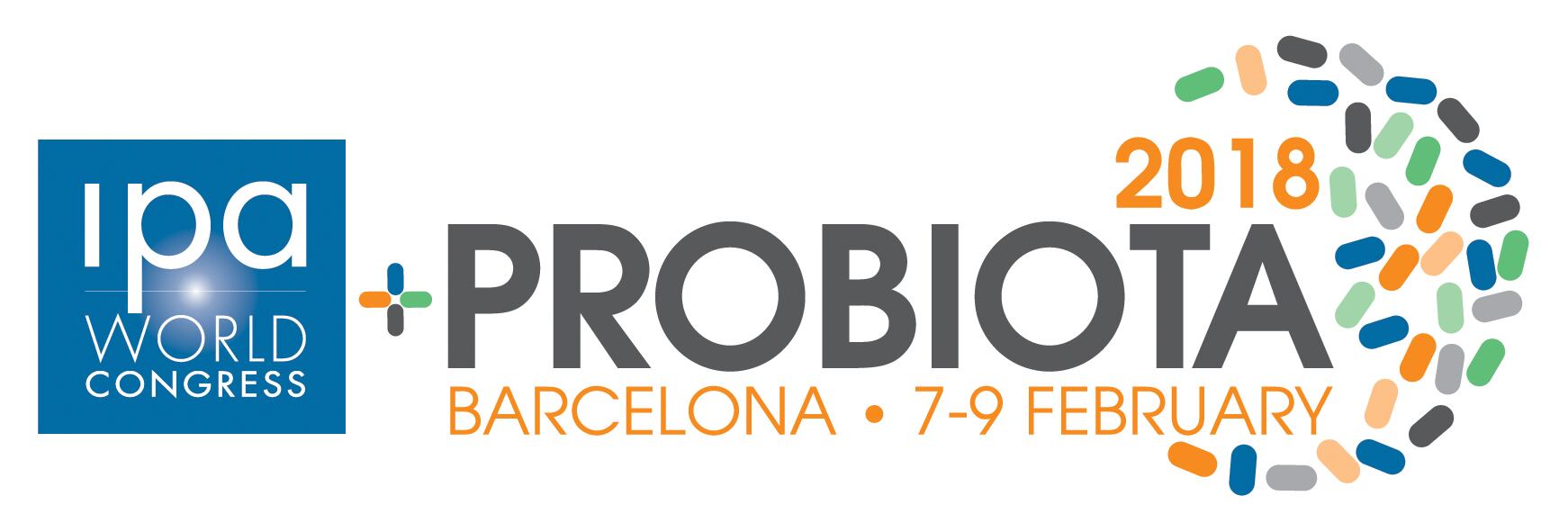Bacterial vaginosis (BV) has been described by many terms including as a disease, vaginal inflammation, dysbiosis, disorder, or even as ‘normal’ in some women. Numerous studies have identified possible characteristics of BV that would fit the above descriptions.
However, the collective evidence from these studies suggests that BV is not in fact a disease, argued study author Gregor Reid, speaking at the recent European Microbiome Conference.
Reid is Professor of Surgery, and Microbiology & Immunology, Western University, London, Ontario.
The fact that BV is categorised as a disease means that companies developing probiotic or prebiotic treatment for symptoms of BV would have to undergo the costly drug approval procedure to establish product claims. This may be deterring companies from product development, and may be partially responsible for the suboptimal treatment of the condition, suggests Reid.
“Collectively, these studies show that BV is not definitively a disease as diagnosed clinically or using various microscopy, microbiota analysis, and wet lab techniques.
“It seems apparent that there is no real consensus on what BV is, and certainly none stating it is definitively a disease. Rather, it appears as a number of conditions,” Reid continued.
“If the closest definition is that BV is actually an increase in bacterial diversity, does that make it a disease? The answer surely is no. Indeed, rather than BV being one condition, research would suggest it is more of an umbrella state within which various conditions are included.”
Treatment implications
The eventual decision whether to define BV as a disease, or not, has significant implications for treatment of the condition.
Many regulatory authorities including the Food and Drug Administration (FDA) of the USA and Health Canada, state that foods and supplements ‘cannot be used to diagnose, prevent, treat, mitigate, or cure disease.’
According to Reid, this has deterred the development of probiotics and prebiotics for vaginal health.
Reid hypothesised that if BV were not defined as a disease, then potentially this could open up a route for using probiotics as a means for treating bacterial dysbiosis or supplementing the vagina with beneficial naturally occurring bacteria.
Such a move would reduce the research and development cost burden of conducting multi-phase clinical trials necessary to obtain product approval via the drug route, he argued.
Nevertheless, significant barriers to approval exist even if the food supplement route were to be adopted.
In Europe, “The official view is that the intra-vaginal route of administration (of lactobacilli) is not relevant to human nutrition,” stated Reid in one of his earlier research papers. “So, the supplementation of bacteria into the vagina would be considered drug therapy.”
In the US, FDA regulations state that dietary supplements must be ingested, and therefore could not be applied to the vagina. However, Reid suggests “A Lactobacillus probiotic could be viewed a supplement being added to a site already with lactobacilli present.”
The way forward?
Reid proposes that BV should be recognised as a number of subcategories of conditions and that the actual term ‘BV’ should be dropped.
Conditions such as dysbiosis, and possibly other subcategories of BV, may be helped by the use of probiotics and/ or prebiotics, he advocates.
Reid concludes by calling for probiotics to be permitted to avoid the drug approval route:
“If this is the case, and the products have a safe history of use, informative claims should be permitted without the need for the products to be placed in a drug category and undergo the immense expense and bureaucracy that was established for chemical entities.
“Even if probiotics are confirmed to treat BV symptoms and signs and to reset the vaginal microbiota to one that is associated with health, the need to have them follow a drug regulatory tract should be reassessed.”

IPA World Congress + Probiota 2018
The rapidly evolving universe of probiotics, prebiotics and the microbiome will be discussed in-depth at the upcoming IPA World Congress + Probiota 2018 in Barcelona on February 7-9.
From microbiome advances, to start-up game changers, market stats, crucial clinical science and regulatory knowledge, this is a congressional must-have.
Will you be joining your peers in one of Europe’s great cities?
Source: Applied Microbiology and Biotechnology
Published online, 10.1007/s00253-017-8659-9
“Is bacterial vaginosis a disease?”
Author: Gregor Reid
